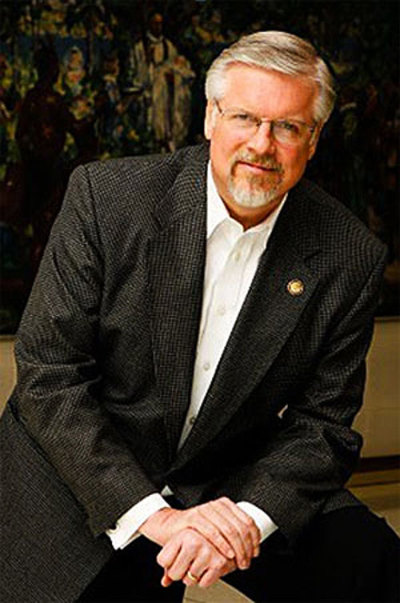Preachers must preach the hard things

A few days ago, I preached for a community Revival service held in a convention center in Goldsboro, North Carolina. Several churches participated. The people who provided the Christian music for that event were stupendous. I’ve never heard better singing at any church, gospel concert, or church event.
As I waited to be introduced, unbeknownst to anyone, I started to fret a little about whether the message I had prepared would be suitable for the situation. On the large marquee outside the building, it read something to the effect: “Come hear a message of hope from Dr. Mark Creech.”
I thought to myself, did I understand the purpose of this event? Maybe those who invited me are expecting something other than what I’ve planned to say – maybe the organizers, as well as this audience, are expecting only sweet and encouraging remarks, something that unifies everybody, something that makes people feel good about their lives and gives them a sense of well-being, and certainly nothing negative.
My message was titled, “It’s a Bad Thing When God Dies.” It’s about the way we may not deny God outright, but live as though he were dead. It highlights what one might call practical atheism, where we don’t repudiate God’s existence, but we live as though we don’t need him.
Because the message had a number of references to things political like our nation’s Christian heritage, the growing acceptance of socialism, the wholesale acceptance of evolution and the manner in which it has contributed to the demise of the sacredness of human life, racism, and even a rash of school shootings in recent years, I worried it might not be appropriate for the occasion. I thought that many might be deeply offended at me, and it could be a bad start for the meetings.
I found myself silently and earnestly praying. As I prayed, the witness in my spirit was saying, “Stay the course. Stay the course.”
I said in my prayer:
“Lord, I know that you gave me this message. In this sinful day and time, these words are not popular, but they desperately need to be heard. Give me the grace to preach it - no matter what happens - no matter if some people end-up with scowls on their faces - no matter if some walk out – no matter if I am shamed in some way because of it. This moment is not about me. It is about people truly hearing a word from God. How can there be hope – hope for reconciliation between you and sinners — if we don’t first understand the ways we’ve offended you, the ways we’ve drifted, the ways we’ve gotten off the right paths and onto the wrong ones?”
The message was laced through and through with the hope that God provides through the blood of Jesus Christ, but it confronted people with the need to repent - a message by nature quite negative. It challenged them to make a choice - to choose God – to choose Christ.
After the message, a number of people came forward to make commitments to Christ. One person, whose face seemed to express a godly sorrow, came forward to receive Christ as his Savior. At the end of the service, pastors present came forward to share with me what a powerful message they thought I had delivered. Moreover, get this: more than one told me, it was a perfect message for the occasion.
It was a reaffirmation for me that if preachers would make a mark for eternity, they must obey the Lord by their willingness to sometimes, even many times, preach the hard things. If the truth is told, there hardly ever seems to be an appropriate time to preach the hard things, if you catch my drift.
It also reaffirmed for me that making politics, based on a biblical worldview as a part of the sermon, is a way of presenting the Gospel in a relevant way, and does not turn people away from Christ. Instead, it becomes the springboard for presenting him to the masses.
All glory to God!




























